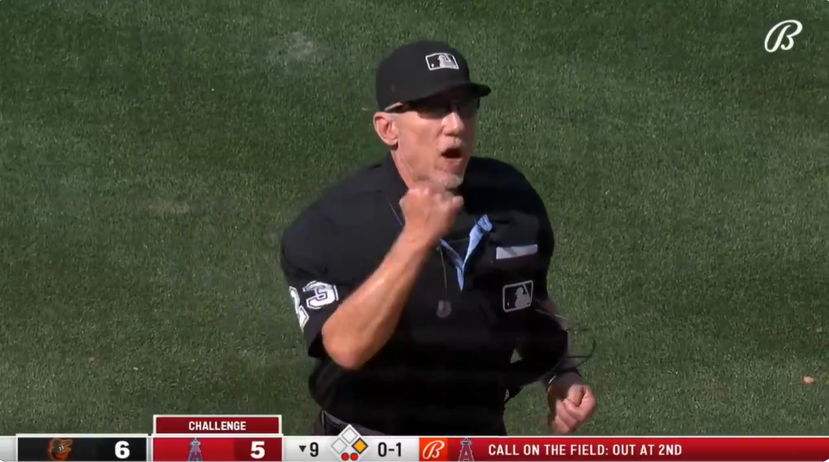Today has been a big day for the real-life people portrayed in the ongoing Adam McKay HBO series Winning Time speaking out against the show’s depiction of reality.
The series, which has already been renewed for a second season, focuses on the Showtime-era Lakers and Magic Johnson specifically. It’s based on Jeff Pearlman’s book Showtime, and today both Kareem Abdul-Jabbar and Jerry West have gone on the record with critical comments.
West was much more forceful, with lawyers seeking a retraction, apology, and damages, according to a report from ESPN’s Ramona Shelburne.
West’s lawyers allege that “Winning Time falsely and cruelly portrays Mr. West as an out-of-control, intoxicated rage-aholic,” saying that “bears no resemblance to the real man,” and ask for a retraction no later than two weeks from the receipt of the letter.
“The portrayal of NBA icon and LA Lakers legend Jerry West in ‘Winning Time’ is fiction pretending to be fact — a deliberately false characterization that has caused great distress to Jerry and his family,” said Skip Miller, a partner at the Miller Barondess, LLP law firm in Los Angeles and attorney for West. “Contrary to the baseless portrayal in the HBO series, Jerry had nothing but love for and harmony with the Lakers organization, and in particular owner Dr. Jerry Buss, during an era in which he assembled one of the greatest teams in NBA history.
“Jerry West was an integral part of the Lakers and NBA’s success. It is a travesty that HBO has knowingly demeaned him for shock value and the pursuit of ratings. As an act of common decency, HBO and the producers owe Jerry a public apology and at the very least should retract their baseless and defamatory portrayal of him.”
Kareem Abdul-Jabbar, as he often does, wrote an impossibly thoughtful essay on what it’s like to see yourself and your former colleagues and contemporaries portrayed in a fictional fashion. Overall, he recognizes the need for events to be dramatized for storytelling purposes, which is a credit to him as a writer. Where he draws the line, though, is the certain ways they’ve cheapened real people for, in his mind, minimal gain on the dramatic front.
Relevant to West’s concerns, here’s what Kareem said about the longtime Lakers executive:
It’s a shame the way they treat Jerry West, who has openly discussed his struggle with mental health, especially depression. Instead of exploring his issues with compassion as a way to better understand the man, they turn him into a Wile E. Coyote cartoon to be laughed at. He never broke golf clubs, he didn’t throw his trophy through the window. Sure, those actions make dramatic moments, but they reek of facile exploitation of the man rather than exploration of character.
Again, this is coming from a place of understanding where and when dramatic license is necessary, from someone who was actually there, and he still says it’s unnecessary. Winning Time has plenty of admirers, too, of course, but as Shelburne notes, a lot of what West specifically complains about isn’t in Pearlman’s source material.
The odds of any of this rising to actual defamation or damages is slim, but it’s not implausible that HBO issues an apology of some kind. This is the kind of risk that the on-trend craze of biographical shows and movies can lead to when they focus on people who are, you know, still very much alive. Especially without their cooperation or participation. That’s not to say it should always be required; there are perils to making films (fictional or not) that require at least some level of approval by the subject. That can lead to hagiography or, arguably worse, blandness. (Apple’s new Magic Johnson doc is actually a great example.)
There’s also the flipside, which is that this sort of controversy is actually a dream for a show that is clearly not aiming for realism anyway. The ol’ any publicity is good publicity (as long as we aren’t going to lose an expensive lawsuit.)
But Kareem’s point about the ethics of twisting a real, living person’s persona for cheap effect is certainly worth considering. The show won’t, but still.






